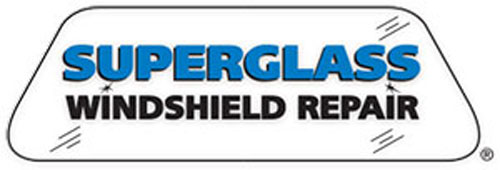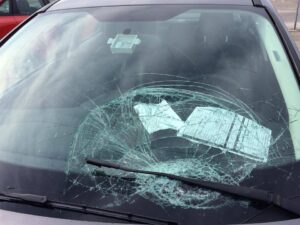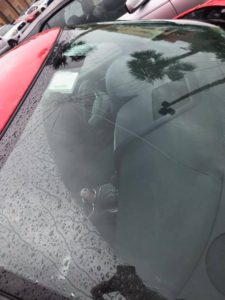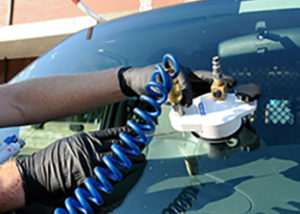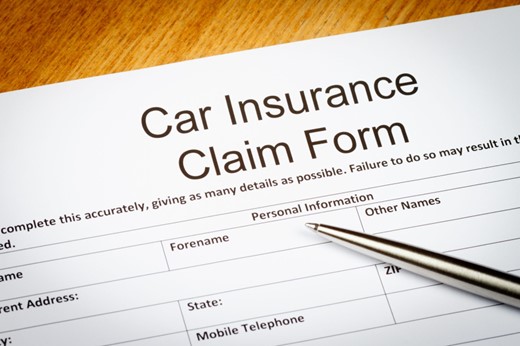
Auto glass damage is something you do NOT want to neglect. Tending promptly to auto glass repair can help you keep safe and cut costs in the long run. Small and seemingly harmless chips and cracks often spread over time. A fully intact auto glass doesn’t just protect you from outdoor debris; it also contributes to more than half of the structural integrity of your vehicle. If you’re involved in a collision or rollover accident, an intact windshield could even help save your life. Find out how best to file an insurance claim for damage.
So, you are probably wondering what to do next and more importantly if your insurance will cover the costs. With the right type of auto insurance, your policy may provide coverage for certain types of windshield repairs or auto glass replacement. Here 5 tips to file an auto glass claim:
Review your insurance coverage
The possibility of your insurance company covering the costs for repair and replacement completely depends on your type of insurance coverage. People with premium insurance packages can usually get 100% coverage on replacement costs without deductibles. Standard insurance coverage, however, may cover the costs of replacement but charge you with a deductible fee for filing a claim.
Full coverage is not required by state law, but liability insurance alone does not cover auto glass claims. Full coverage refers to policies that include liability coverage along with collision and comprehensive insurance[1]. What do they entail?
- Collision insurance covers you in situations where you’re driving, and your vehicle is damaged by another vehicle or object, regardless of who is at fault. Collision coverage is usually not offered on its own and is purchased with comprehensive insurance.
- Comprehensive insurance will pay for repairs in non-collision incidents, also referred to as “acts of god.” This includes damage due to vandalism, weather, natural disasters, falling objects, animals, and theft.
In a nutshell, make sure you understand your coverage well and the benefits that you are entitled to.
What is your deductible?
Insurance policies come with deductibles, so you will also want to understand what yours is because sometimes it can be more expensive than just paying out of your own pocket. Also be aware that filing a claim for any glass damages can raise your premiums, so you should determine if it’s financially convenient for you to open a claim.
File the claim as soon as possible
Once you decide to file the claim, contact the insurance company as quickly as possible due to time limitations to filing. Also, remember that on occasion insurance companies might inspect your vehicle before approving the repair. Fortunately, most insurance companies let you file a claim by phone call, mobile app, online, or in person.
Contact a repair shop
When approved by your insurance, make an appointment to get your repair scheduled. Check out our post on finding a reliable auto glass company near you. Remember that you as the insured, have the option to choose any glass shop you want and your insurance company will pay according to your coverage.
Obtain a receipt and submit it
Obtaining a receipt is good practice in general. Make sure that you get a receipt and, if possible, have the glass repair shop send the information directly to your insurance. Always get copies for yourself and double check that your name, phone number, policy number, and the date of the damage are included.
SuperGlass Windshield Repair is universally insurance approved. We will even call your insurance company on your behalf and help file your claim correctly.
Call Us Today
As a leader in windshield repair, we guarantee that our repair to your chipped or cracked windshield will be perfect and permanent! If it can’t be repaired, we will replace it using only high-quality glass and adhesives produced in the U.S. If you need expert advice, contact us at 321.223.4106
[1] https://www.valuepenguin.com/liability-vs-full-coverage-car-insurance

